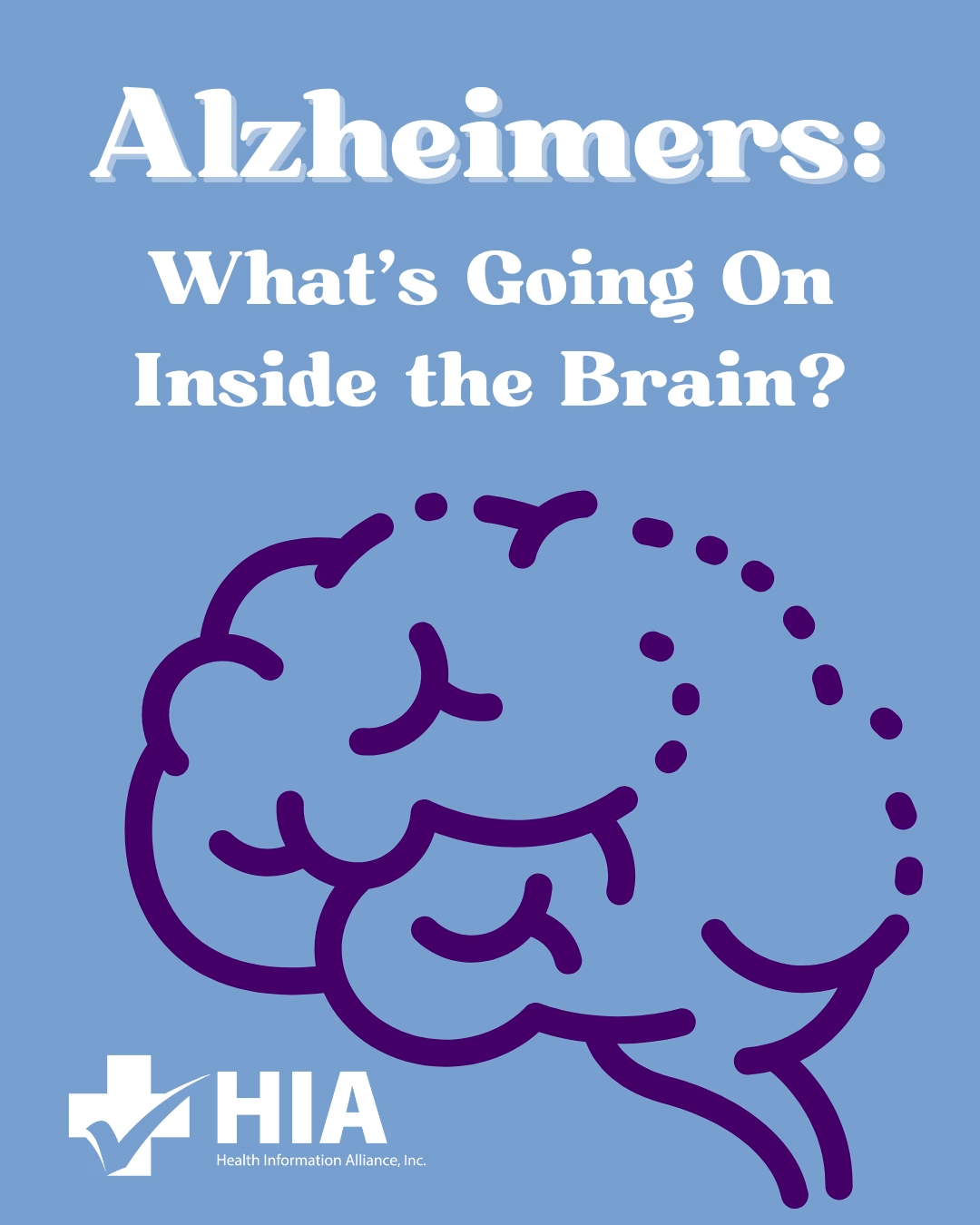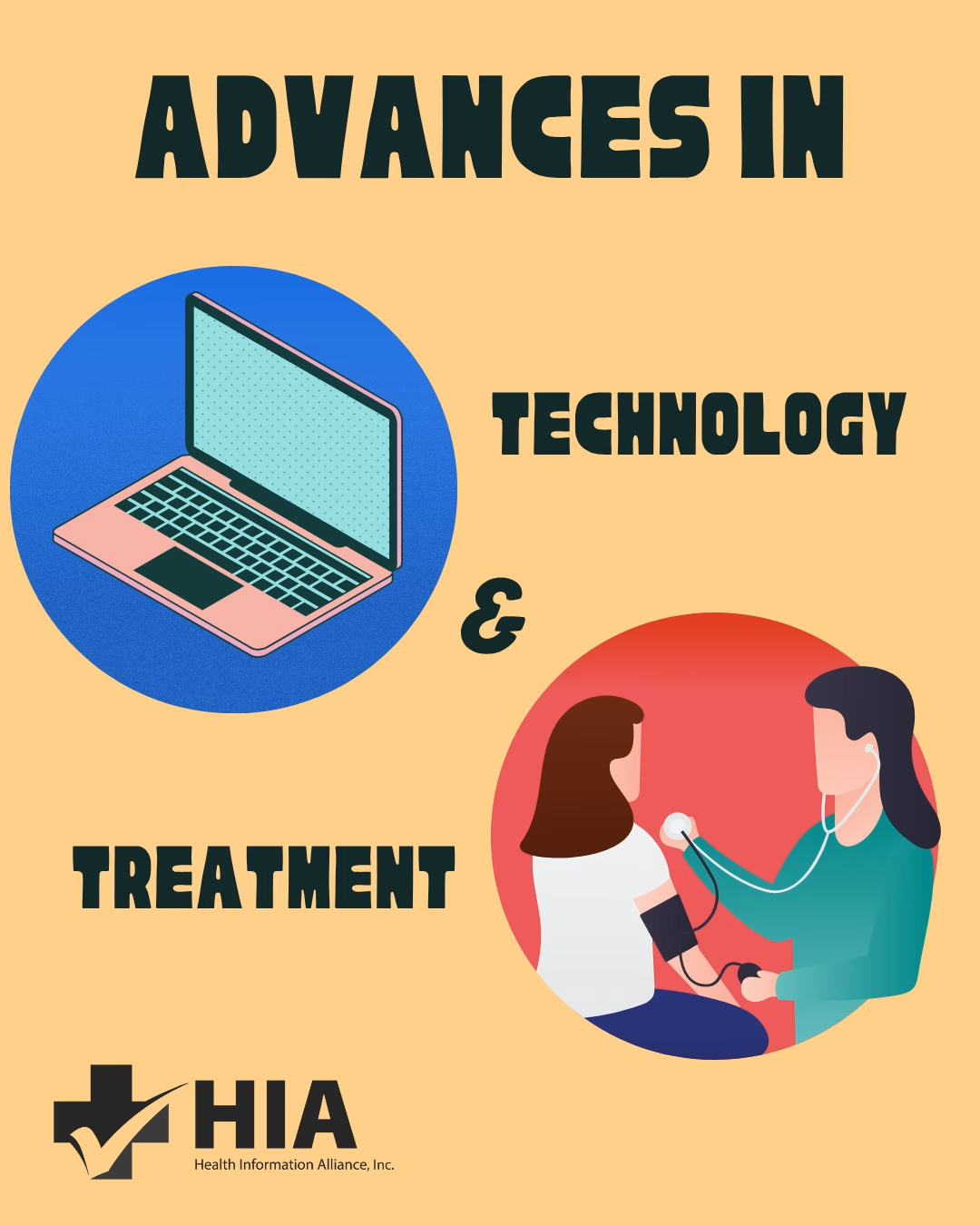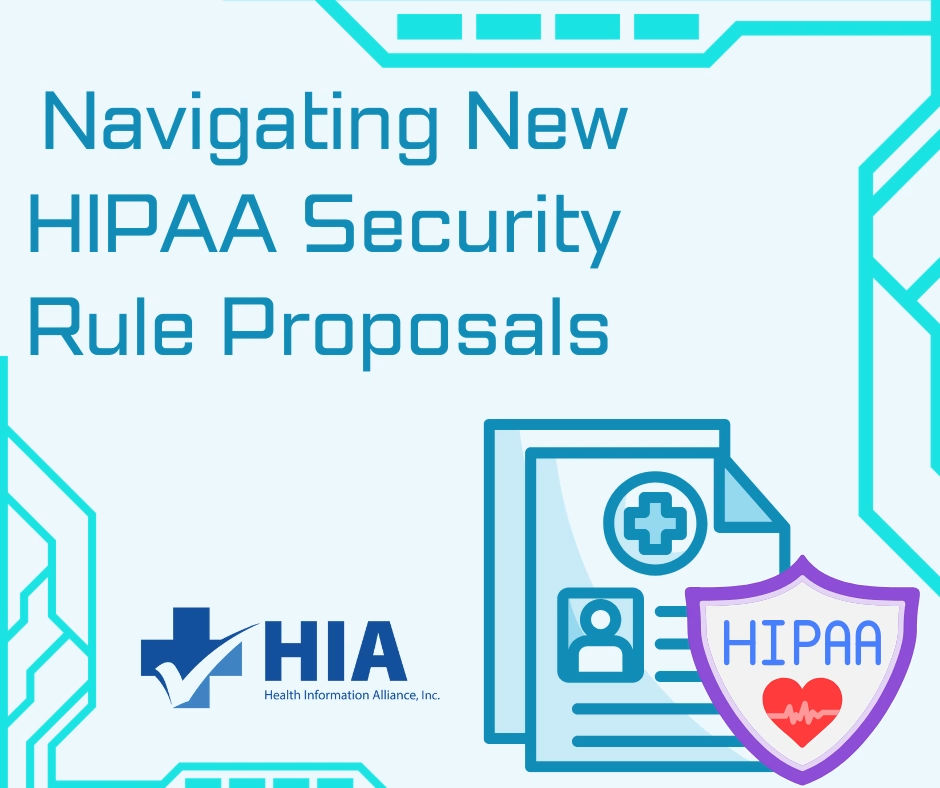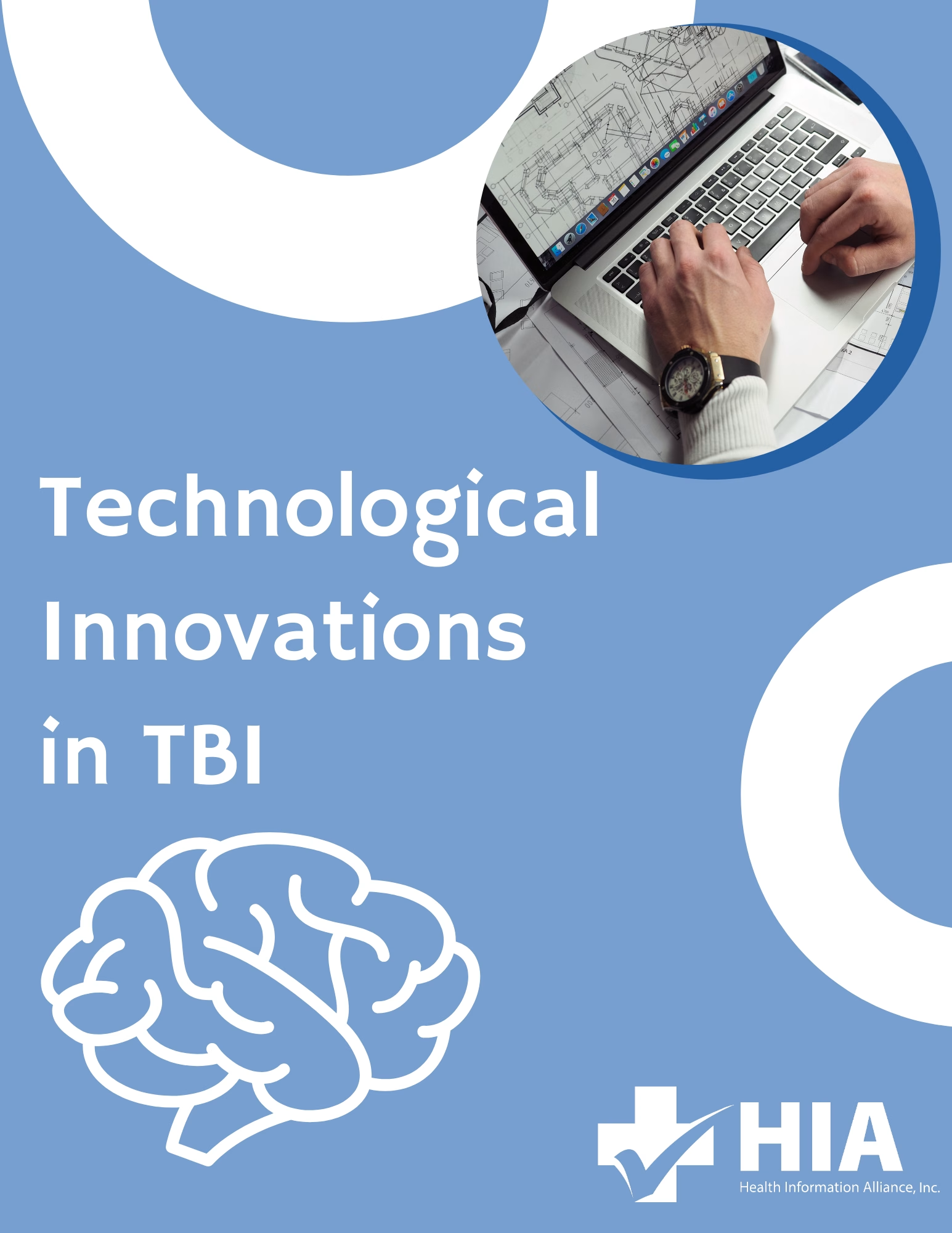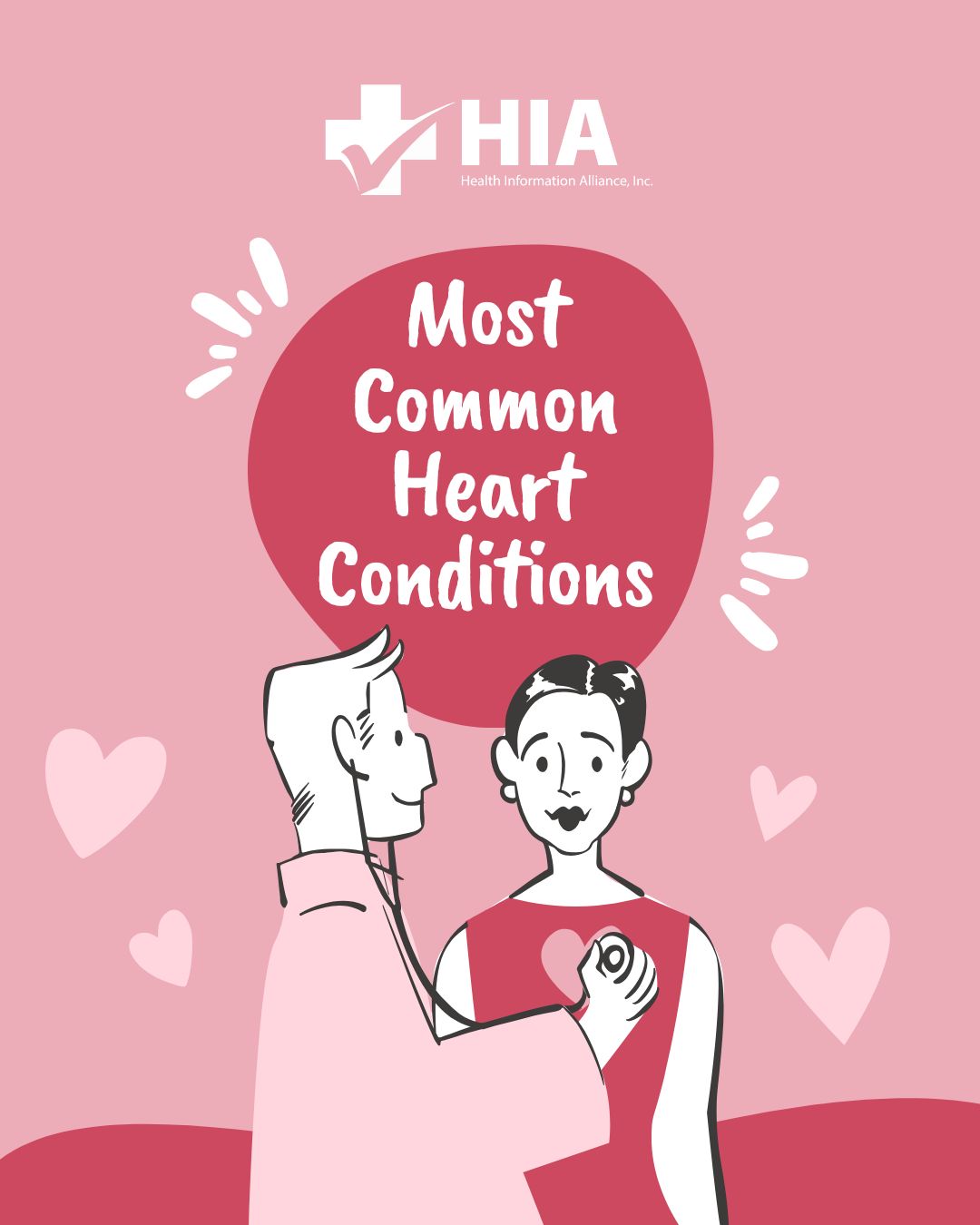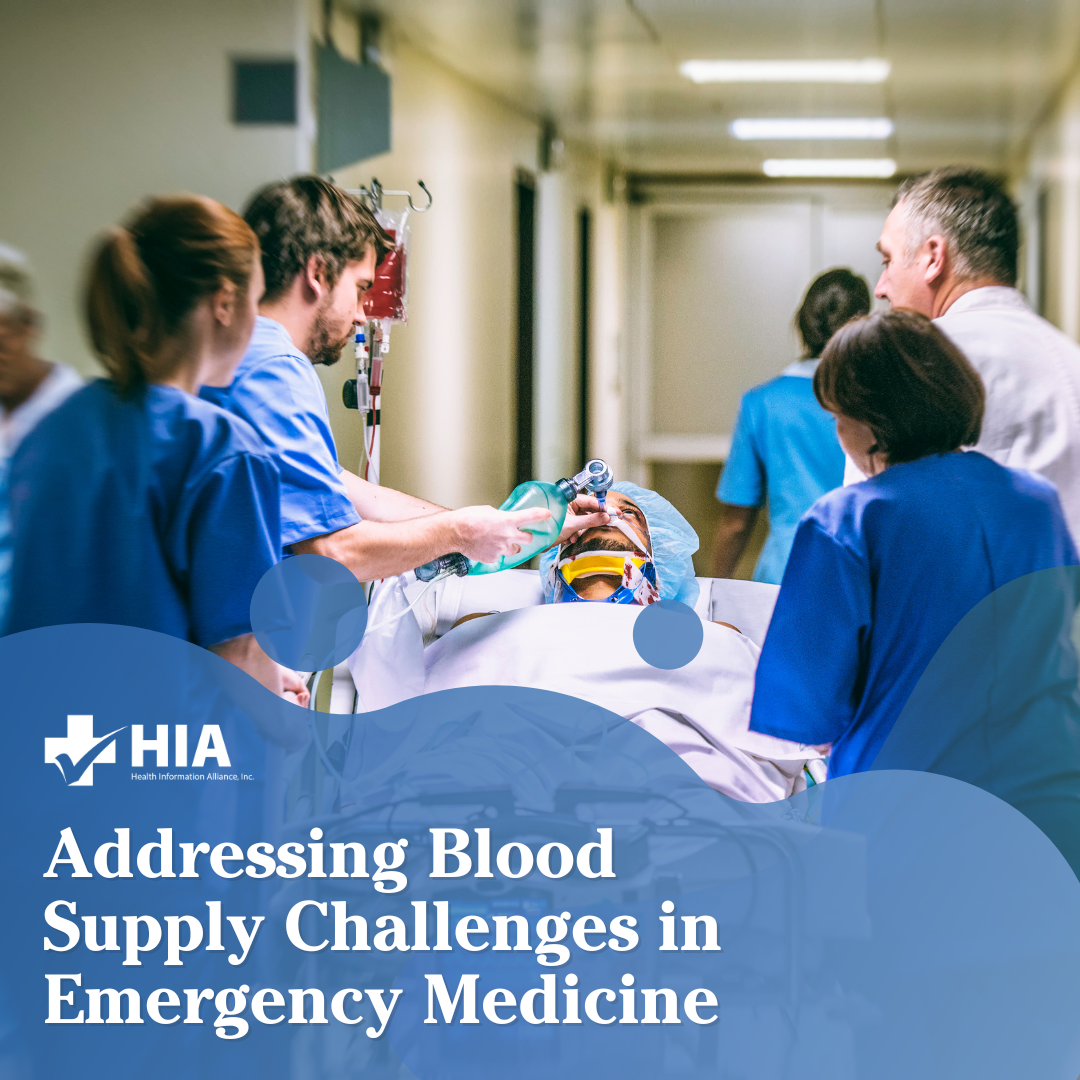Cancer registries are an essential tool for identifying causes of cancer, cancer prevention, early detection, determining the efficacy of treatment, and developing cures for cancer. Without the work of cancer registrars, these registries would not be able to exist. The National Cancer Registrars Association (NCRA) acknowledges and honors cancer registrars during the 26th Annual National Cancer Registrars Week from April 4-8, 2022. National Cancer Registrars Week is celebrated annually in the first week of April, and its purpose is to recognize the data information specialists, like those at Health Information Alliance, who have dedicated their careers to a behind-the-scenes role in eradicating cancer. Cancer is a national problem and is a leading cause of death in the United States, second only to heart disease.
There are three paths one must follow to become a cancer registrar. One option is to earn an Associate Degree in Cancer Registry Management, complete a clinical rotation with a cancer registry, pass the Certified Tumor Registrar (CTR) exam, and maintain your credentials by completing Continuing Education hours. The second option starts with completing 60 college credit hours and then obtaining a certificate in Cancer Registry Management and from there follows the same path as the first option. Finally, the third option is to earn the Associate Degree or to complete 60 college credit hours, six of which must include Human Anatomy and Physiology, but in place of the clinical rotation at a cancer registry, you can use one year/1,950 hours of cancer registry experience, then pass the CTR Exam and stay credentialed by completing Continuing Education Courses. The CTR Exam is offered three times a year over a three-week period. It contains 180 questions (sixty of which are open book) centered around seven domains: Case finding, Data Quality Assurance, Abstracting/Coding, Analysis and Data Usage, Follow-up, Registry Organization and Operations, and Cancer Program Accreditations.
A CTR credential is recognized as a professional seal of excellence. You can work in many different settings such as hospitals/clinics, state central registries, Surveillance Epidemiology and End Results (SEER), National Program of Cancer Registries (NPCR), Commission on Cancer (CoC), software vendors, and consulting companies like Health Information Alliance. Cancer registrars are dedicated, self-motivated, detail-oriented individuals with strong medical and scientific knowledge. It is imperative that they collect data accurately and adhere to reporting standards to maintain the integrity of cancer registries. Registrars are also invested in their work beyond the case file in that they communicate with the patient from diagnosis through death to track their outcome.
Cancer registrars’ work is not just used for research and treatment but is also instrumental in garnering financial support for the common goal of eliminating cancer. Just last April, Rutgers Cancer Institute of New Jersey along with New Jersey State Cancer Registry (JNSCR) was awarded $9 million over seven years in a contract with the National Cancer Institute. These funds are ear-marked for research and other pursuits as part of the Surveillance Epidemiology and End Results Program. As NJSCR Director Antoinette Stroup, PhD explains, “This award is exemplary of the work of cancer registrars across the State of New Jersey who contribute surveillance data to the SEER Program.” (Didzbalis, 2021)
Cancer registrars are unsung heroes in the battle to put an end to cancer. Their efforts enable clinicians, researchers, and legislators to identify trends, conduct research, develop treatment and prevention methods, and obtain funding for such endeavors. By recognizing cancer registrars during National Cancer Registrars Week, the NCRA is shining a spotlight on the backstage role that the registrars play and are simultaneously bringing awareness to the career.

